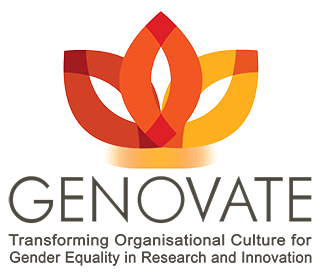 The GENOVATE Community is a platform which enables GENOVATE partners to share institutional information and case studies, and facilitates the coordination of a buddy system for bench learning.
The GENOVATE Community is a platform which enables GENOVATE partners to share institutional information and case studies, and facilitates the coordination of a buddy system for bench learning.
The GENOVATE Community consist of seven GENOVATE partner institutions; the GENOVATE International Advisory Board; key strategic collaborators and stakeholders and the general public. It is a mechanism designed to facilitate meaningful knowledge exchange across the community at local, national and international levels within each of the partner institutions’ countries, across Europe and globally.

Dr. Antonella Liccardo attended a training course provided by the CINECA, the Italian computing centre that develops technical tools for treating the large amounts of data of the Italian Universities, in order to entry and manage the database that collects the UNINA data.

The EARMA 2016 Annual Conference Call for Papers (sessions or workshops) is now open. Please note that submissions will close on Friday 4th December 2015.
The Conference will be held in Luleå, Sweden from 20th to 23rd June 2016, with 21st-22nd June as the core programme. The conference theme New Horizons in Research Management reflects EARMA’s desire to encourage new ideas as well as welcoming core topics of interest to all research managers and administrators.
To submit your paper please visit http://earmaconference.org. Further information and updates will be available at the website over the coming months. Please consult the Guide for Authors http://www.earmaconference.com/guide-for-authors/ and the other resources available before submitting your abstract.
You may wish to start planning your travel, the details of airports with direct flights to and from Lulea are on https://www.swedavia.com/lulea/flightinformation/destinations/ The EARMA Annual Conference Committee in cooperation with Luleå University of Technology are looking forward to experiencing and celebrating Midsummer with you in the Northern Sweden.
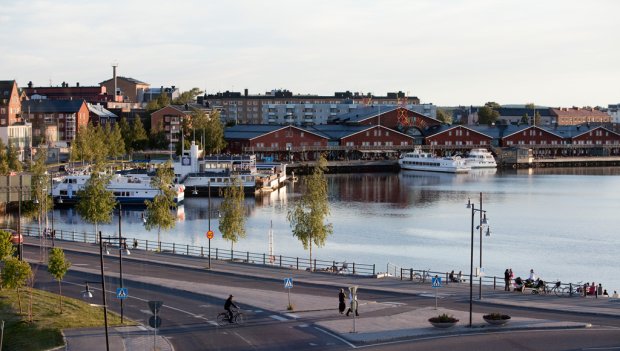

How to improve the societal relevance of technology and innovation
Integrating a gender perspective in research and innovation content, helps improve the scientific quality and societal relevance of the produced knowledge, technology and/or innovation. The H2020 project, OPTi, is a good example. The aim of the project is to contribute to next-generation district heating and cooling systems.
In order to strengthen the innovativeness of the project and create competitive advantage OPTi aims to mainstream a gender perspective in selected, relevant project activities e.g. decision-making, communication and user participation. The project’s ambition is to question ingrained gender roles, ways of thinking and working in order to enhance creativity and innovation. The OPTi consortium had the second face-to-face meeting in Athens on Sep. 9-11 2015.
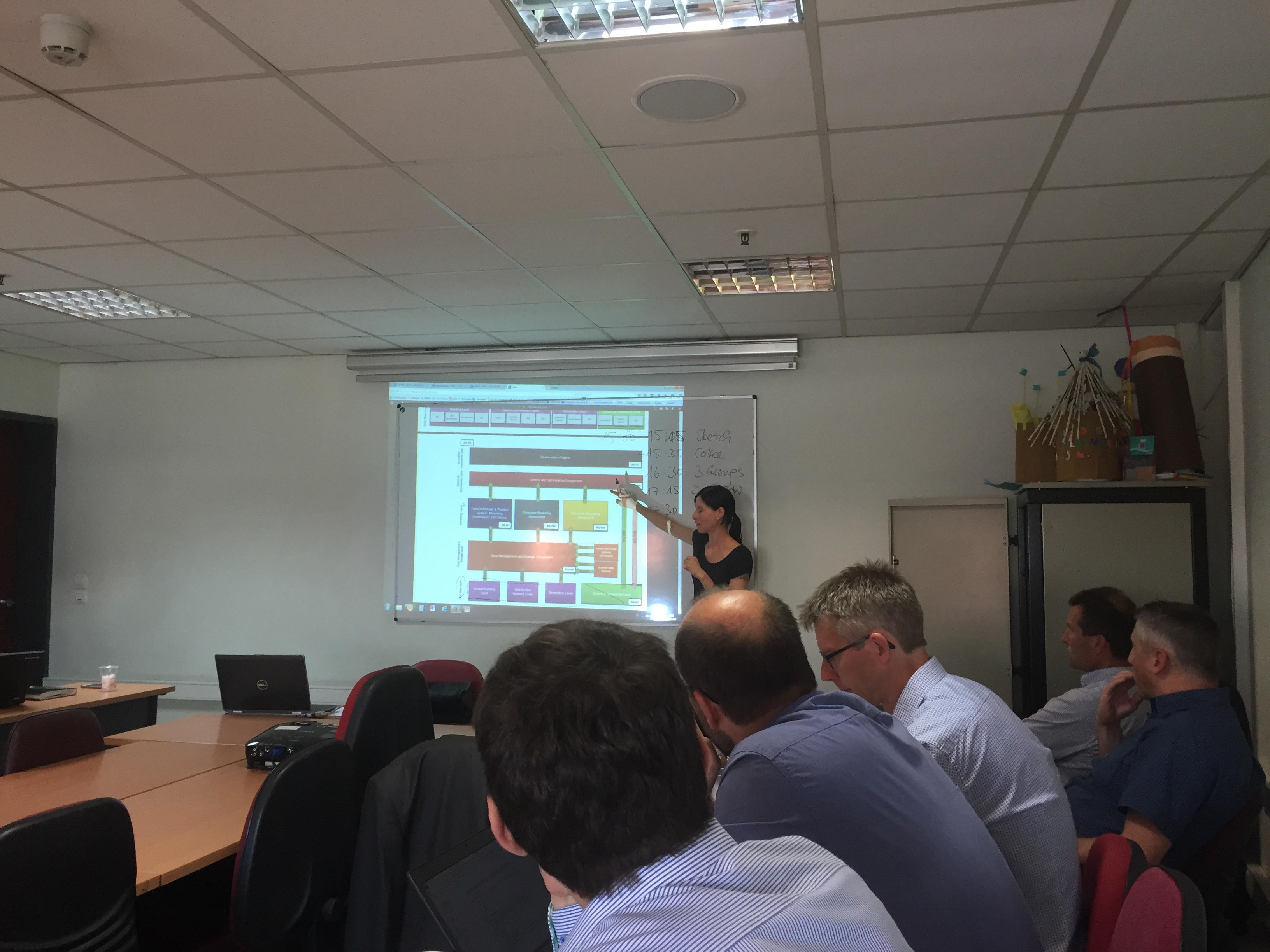
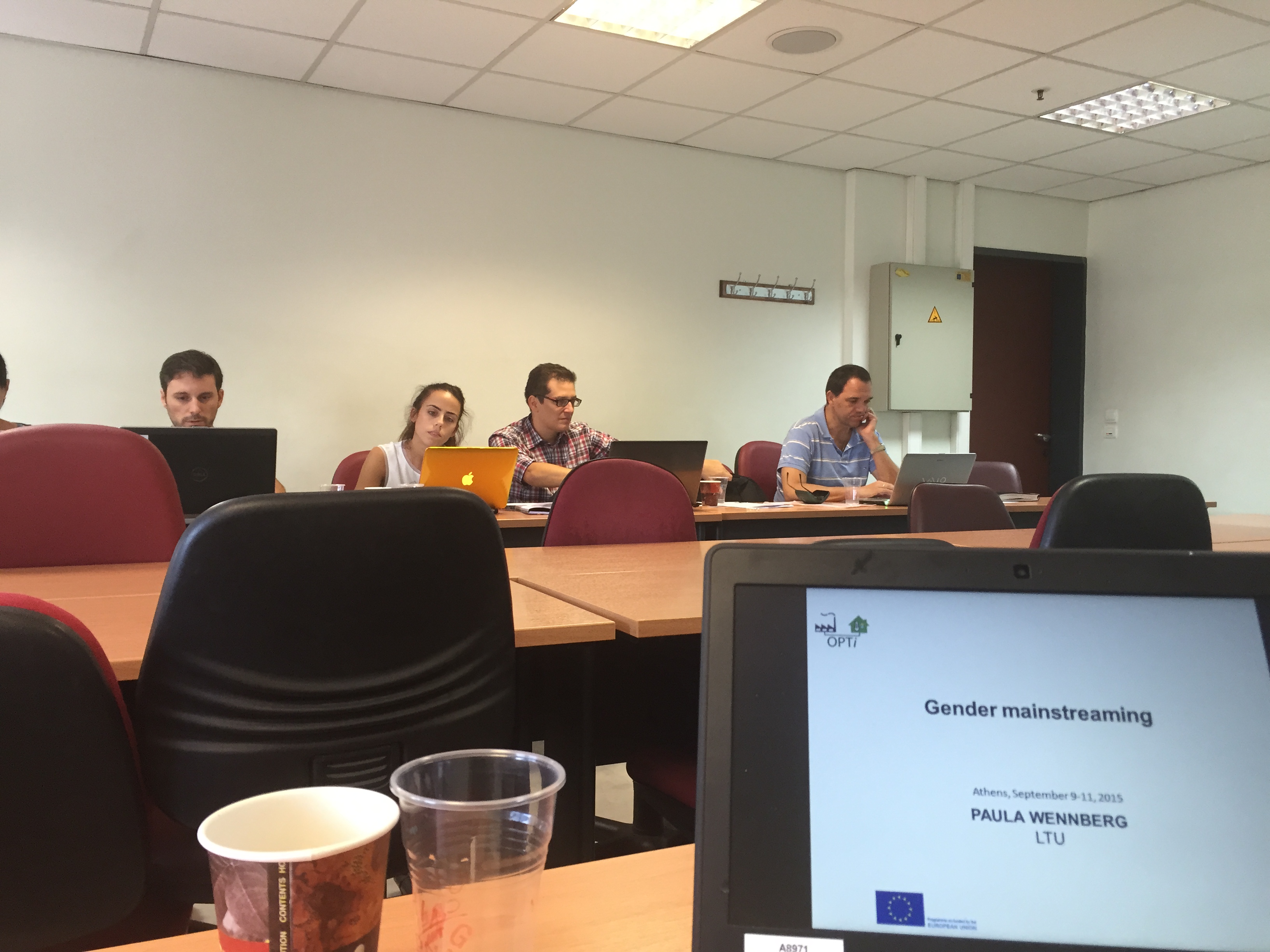
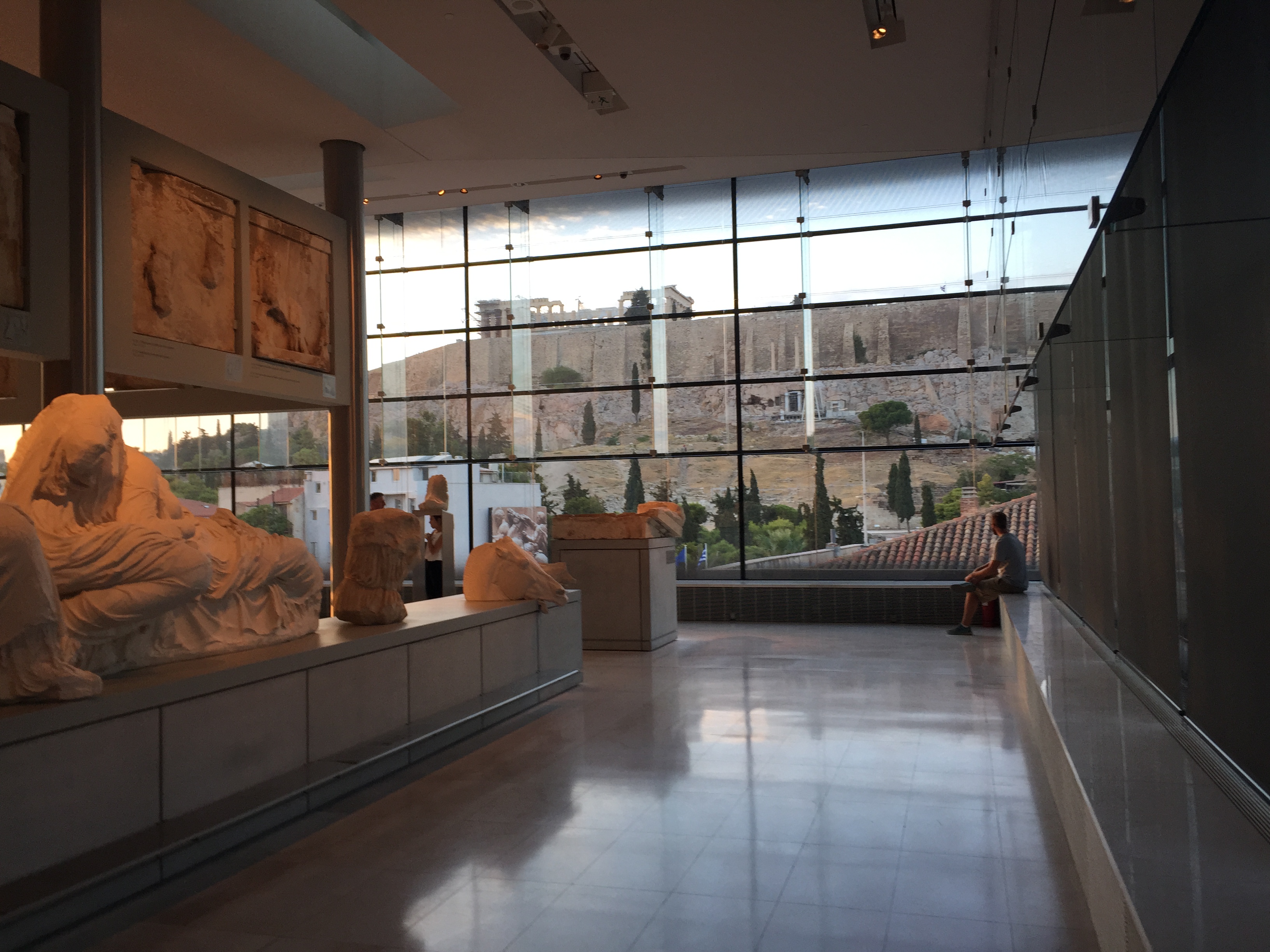

Genovate results presented and discussed at the EARMA 2015 conference in Leiden, Netherlands. Around 40 people participated in the discussion after the talks of Carina Mattsson and Paula Wennberg.
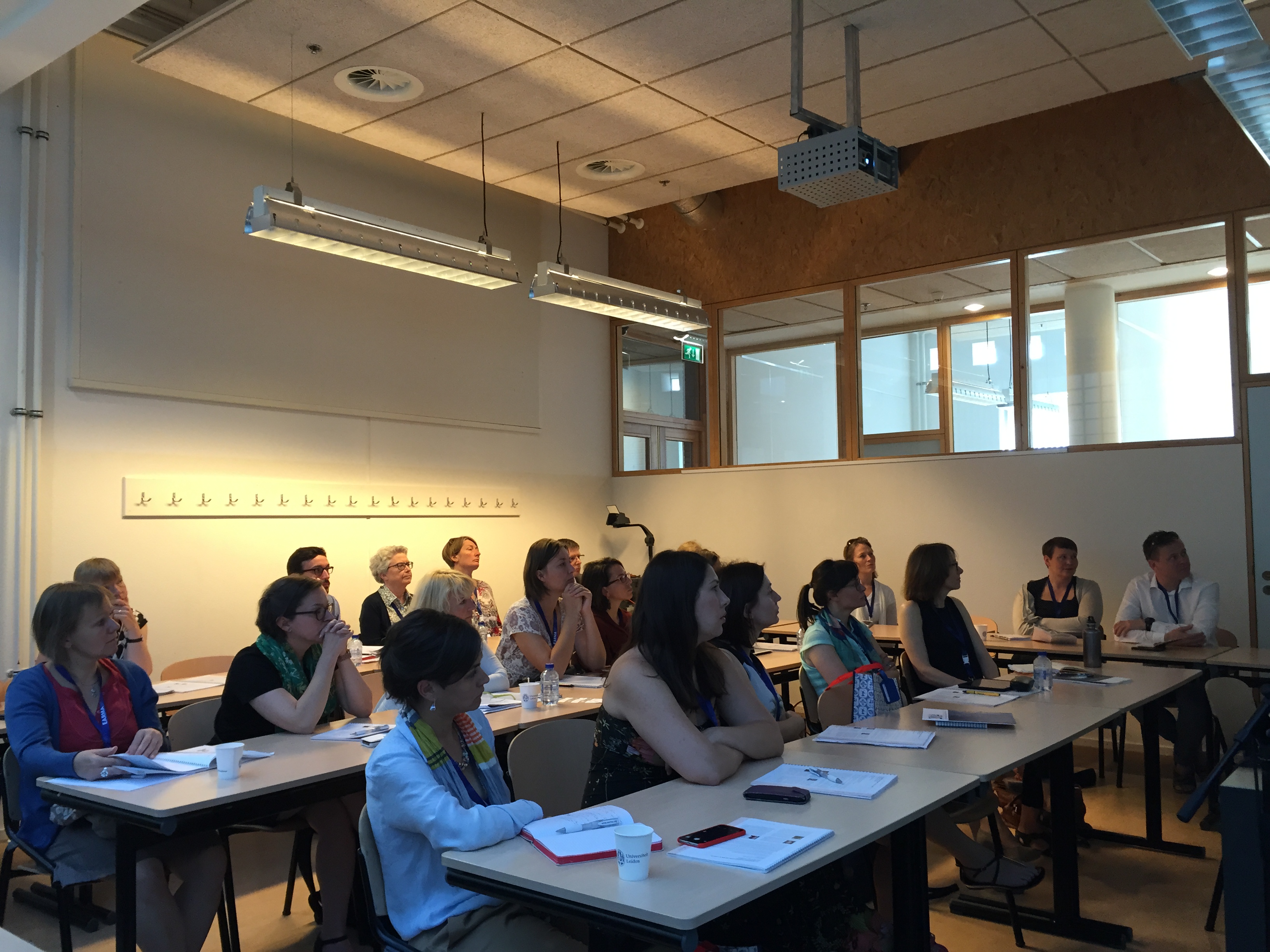
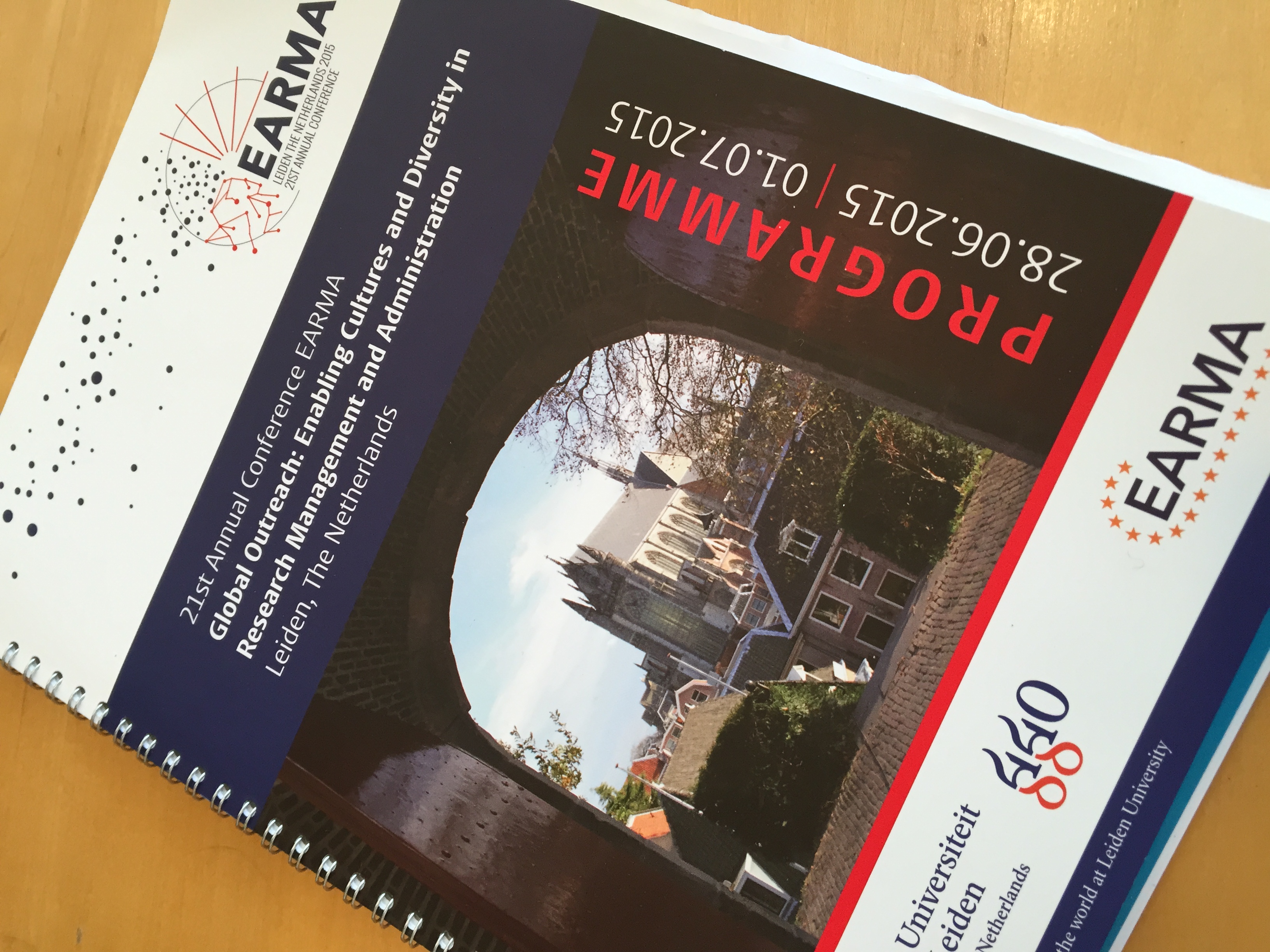
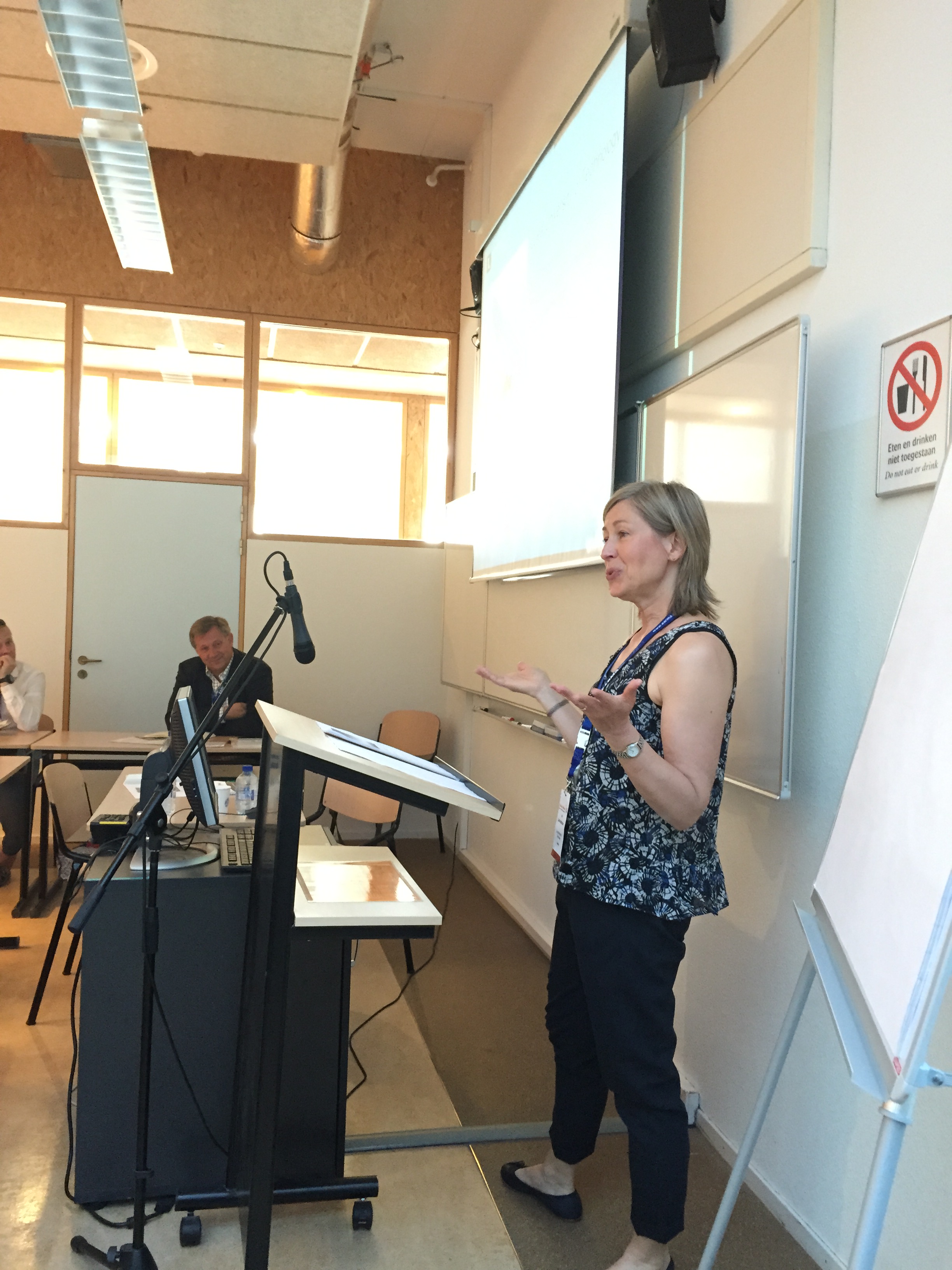

This year’s conference has the theme: Global Outreach: Enabling Cultures and Diversity in Research Management and Administration. Already 650 participants have registered to the event. Welcome to meet LTU in the Track 2 about responsible research and innovation. The LTU team will present and discuss Genovate, LTU’s Code of Practice and how it is implemented at the university. Read more about the programme http://conference2015.earma.org/programme/689/
Track 2.2 GENOVATE; boosting gender equality in academia
Chair: Olaf Svenningsen , University of Southern Denmark, Denmark
Paula Wennberg, Centre for Distance-spanning Technology, Luleå University of Technology, Sweden
Carina Mattsson, HR Department, Luleå University of Technology, Sweden;
Gender equality is strategically valuable in research and innovation because it is now recognized that
- research excellence requires accessibility, resources and advancement opportunities for the best researchers, irrespective of gender and
- innovation demands the diversity of perspective and input that is possible from a truly diverse pool.
GENOVATE is an EU FP7-funded action research project including seven European partner universities with different institutional and national contexts for gender equality. One of the core goals of the project is to ensure equal opportunities for women and men by encouraging a more gender-competent management in research, innovation and scientific decision-making bodies.
In this dialog seminar, a Code of Practice, a set of recommendations, to boost gender equality in academia that has been prepared in the project with stakeholders will be described and discussed. The Code is designed to facilitate a change process at a university in terms of improved gender equality in research and innovation. The Code includes examples of gendered structures at a university to assist staff to understand how to avoid reproducing stereotypes. The Code is also prepared to inspire staff not only in academia but also in industry to put gender issues on agenda.
Finally, the session will demonstrate practical gender-mainstreaming tools, such as a check-list to support a gender-aware recruitment process as well as a gender app and gender toolbox, also useful when preparing H2020 applications.

How to support more sustainable recruitment processes? How to integrate a gender equality perspective in recruitment processes? How to create an attractive and equal work place? How to increase a number of women in the IT sector?
LTU’s first Genovate Learning Circle on June 10, 2015 attracted both internal and external stakeholders with diverse competencies and experiences. Participants from two universities, companies, a municipality and a funding agency discussed and shared knowledge and experiences on recruitment in academia and other organisations. More pictures of the three-hour interactive workshop are available on the web site http://www.ltu.se/centres/cdt/Om-oss/Genus-och-mangfald/Genovate-Learning-Circle
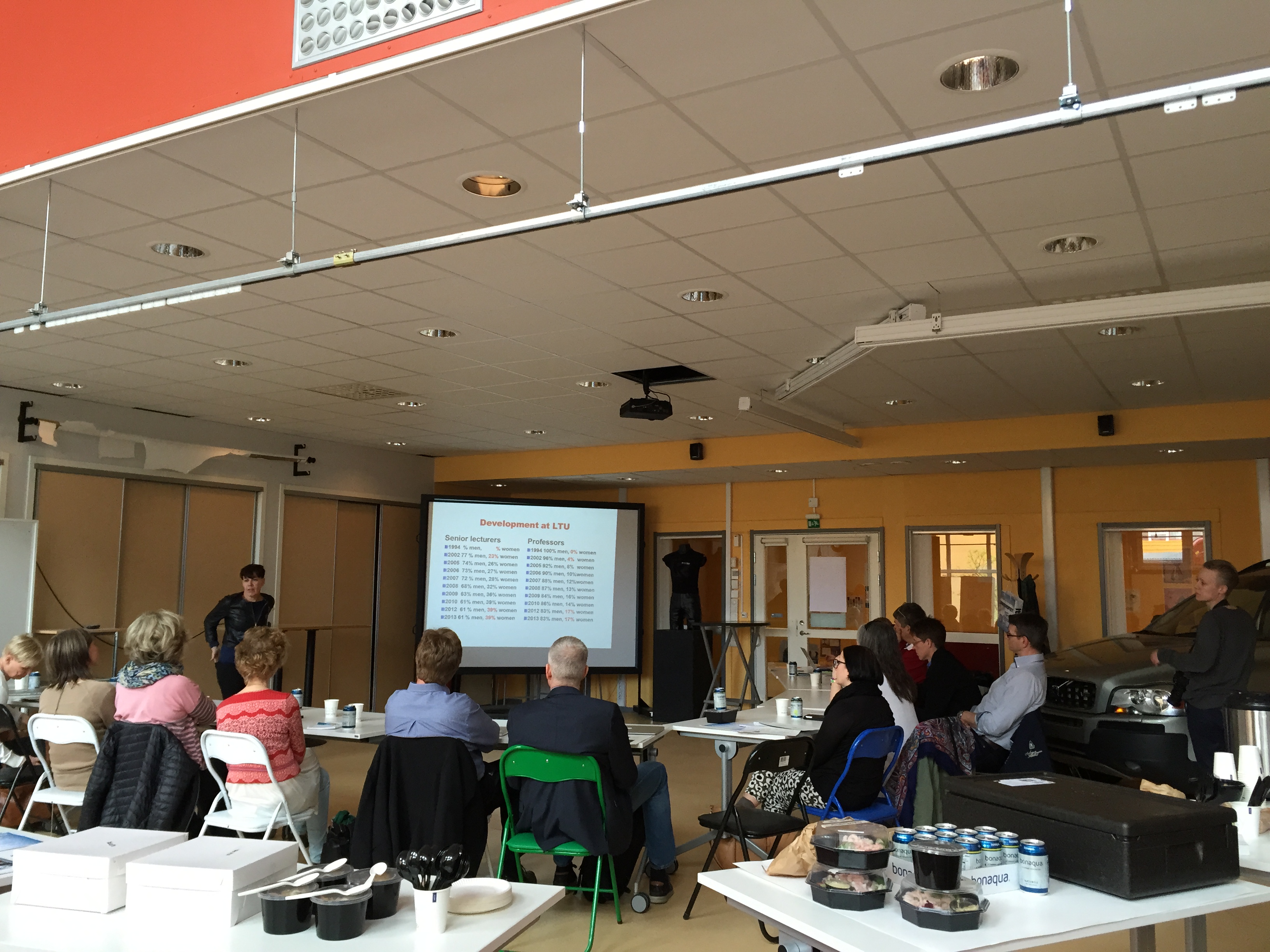
Powered by Multicategories for Joomla!2.5